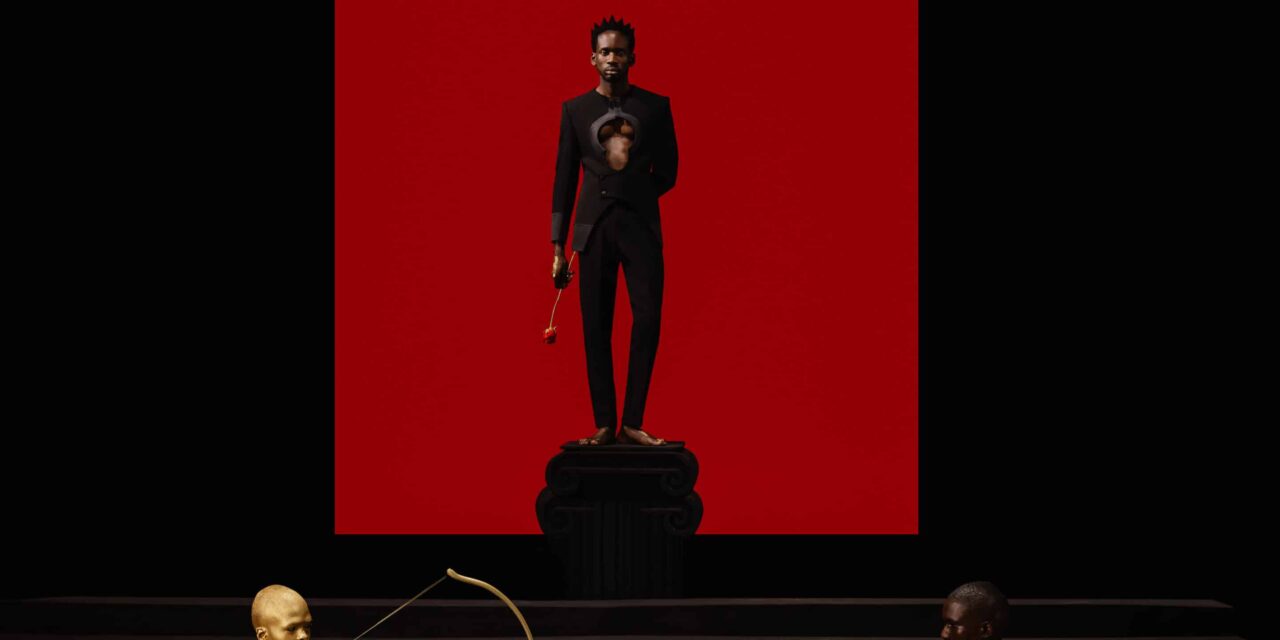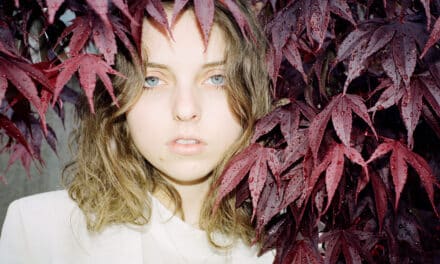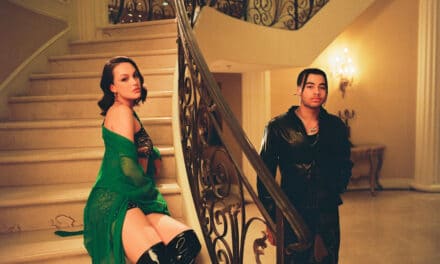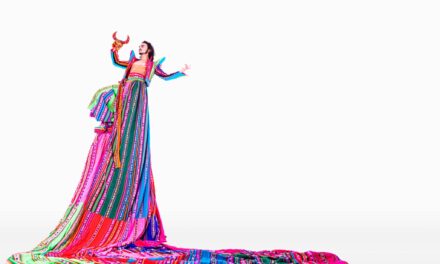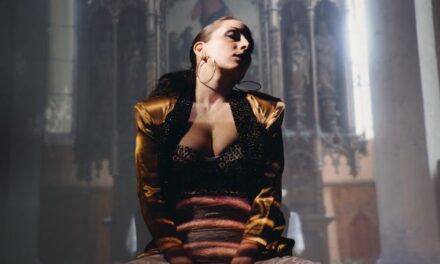How does your ‘Panadol’ video continue the narrative of The Evil Genius album?
‘Panadol’ extends the themes of The Evil Genius by exploring the concept of healing and finding balance. The album is broken down into three acts: success, love, and spirituality, and ‘Panadol’ fits into the act about navigating your love life and harnessing your sexual energy in a relationship.
What inspired the video for ‘Panadol’?
This video showcases cheekiness and lightheartedness in a playful and stylish way. It is inspired by how men brag about their love lives, thinking they’re in control, while the woman actually holds all the power and pulls the strings.
How did you go about picking the directors and creatives for this video?
I’m deeply involved in all my projects, and for the ‘Panadol’ video, I wanted directors and creatives who could capture both the vibrant energy and the underlying meaning of the song. That’s why I teamed up with Mollana Burke and JM Films—visionaries who not only excel visually but also have a talent for storytelling through imagery. For me, it’s essential to collaborate with people who can push creative boundaries and aren’t afraid to blend traditional elements with fresh, unconventional approaches.
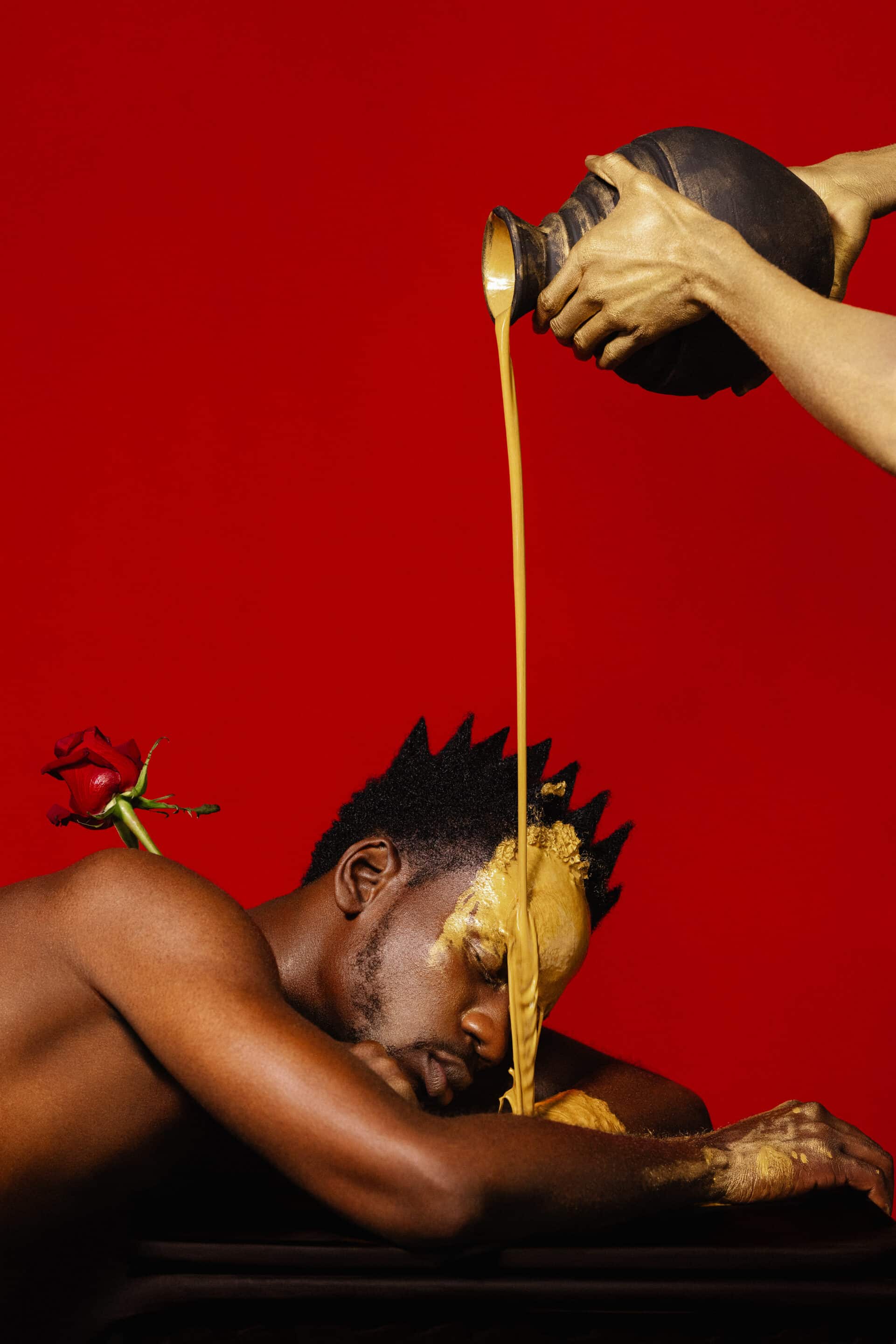
You are very visual and aesthetics-oriented in your art, what influences that?
I draw inspiration from everywhere—fashion, photography, architecture, street art. Growing up in Nigeria and Ghana, I was always surrounded by vibrant colors, patterns, and textures, and those things have stayed with me. Also, traveling the world and experiencing different cultures has added layers to my visual storytelling. I believe the visuals are just as important as the music itself. It’s all part of the experience, and I want to immerse my audience in a full sensory journey.
‘Panadol’ seems to be all about embracing the present. What inspired the message and storyline?
I’ve learned that life is unpredictable, and sometimes the best thing you can do is live in the moment. ‘Panadol’ reflects that—taking a step back from stress and enjoying where you are, even if it’s not perfect. The message came from personal experiences, especially over the last few years, realizing that no matter how much we plan, life has its own way of unfolding.
You’re hinting at more music being released soon. What can we expect?
Yes, there’s definitely more music on the way. You can expect me to keep experimenting with sounds and ideas. I’ve always loved blending genres, and the new music will continue in that vein. It’s still Afrobeats at its core, but I’m exploring new vibes and taking creative risks. I think people will be surprised by the direction I’m going with these next releases. There might even be some unexpected collaborations, so stay tuned.

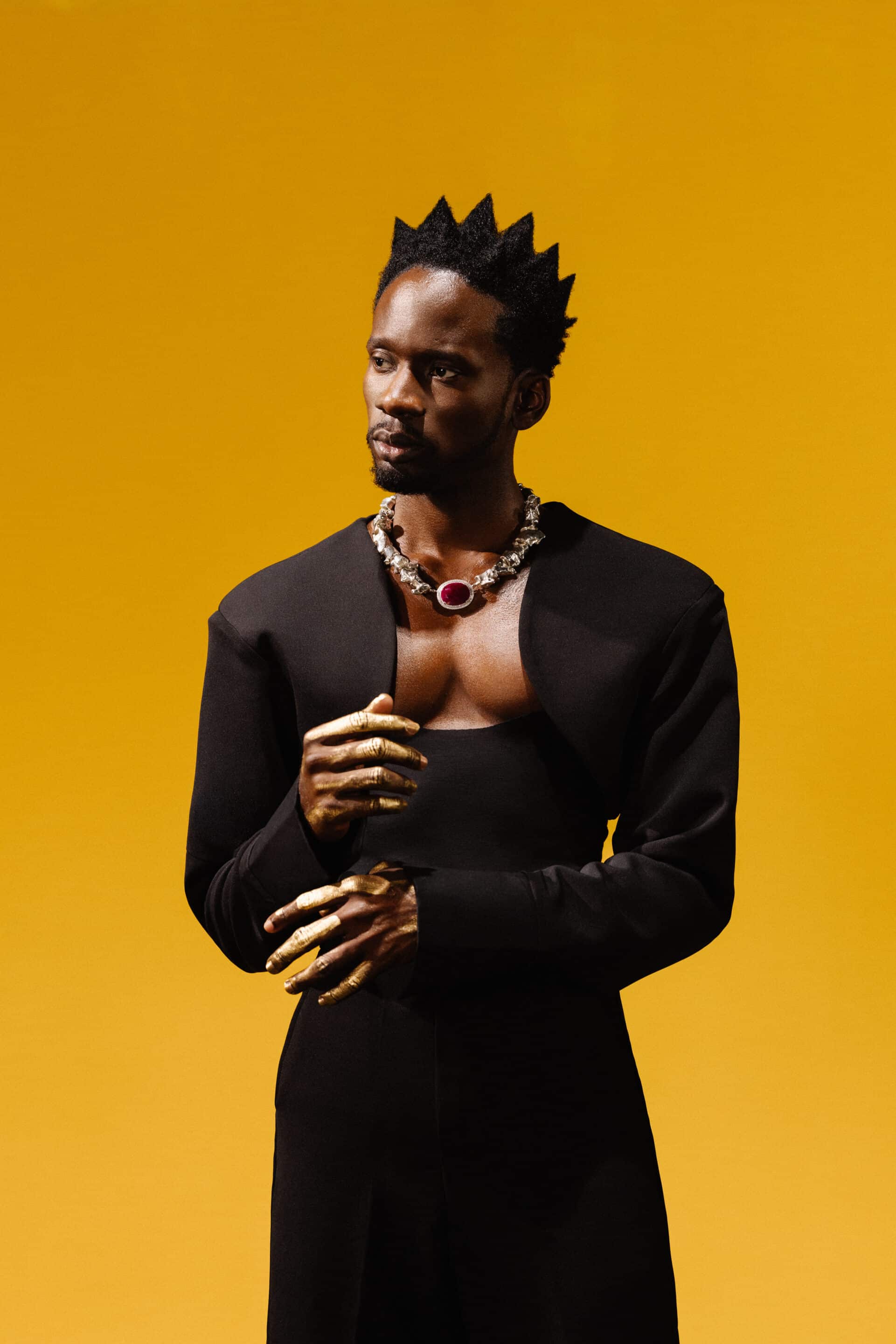
Tell us more about The Evil Genius. Looking back at the album and its journey, how do you feel about the album now?
Looking back, I feel proud of The Evil Genius. It was a deeply personal project, and putting it out there felt like sharing a part of myself with the world in a way I hadn’t before. I’m grateful for how it was received, but more than that, I’m proud of how I grew as an artist through the process. The album allowed me to explore new sounds, new ideas, and to push myself in ways I hadn’t done before. It’s a moment in time that represents where I was mentally, emotionally, and creatively.
What have you learned from creating and releasing this project, both as an artist and a human being?
The biggest lesson has been patience. Patience with the creative process and with myself. When you’re making something so personal, it’s easy to get caught up in wanting it to be perfect, but I had to learn to let go and trust the journey. As a human, I’ve learned more about vulnerability—sharing your truth with the world is powerful, and while it can be scary, it’s also liberating.
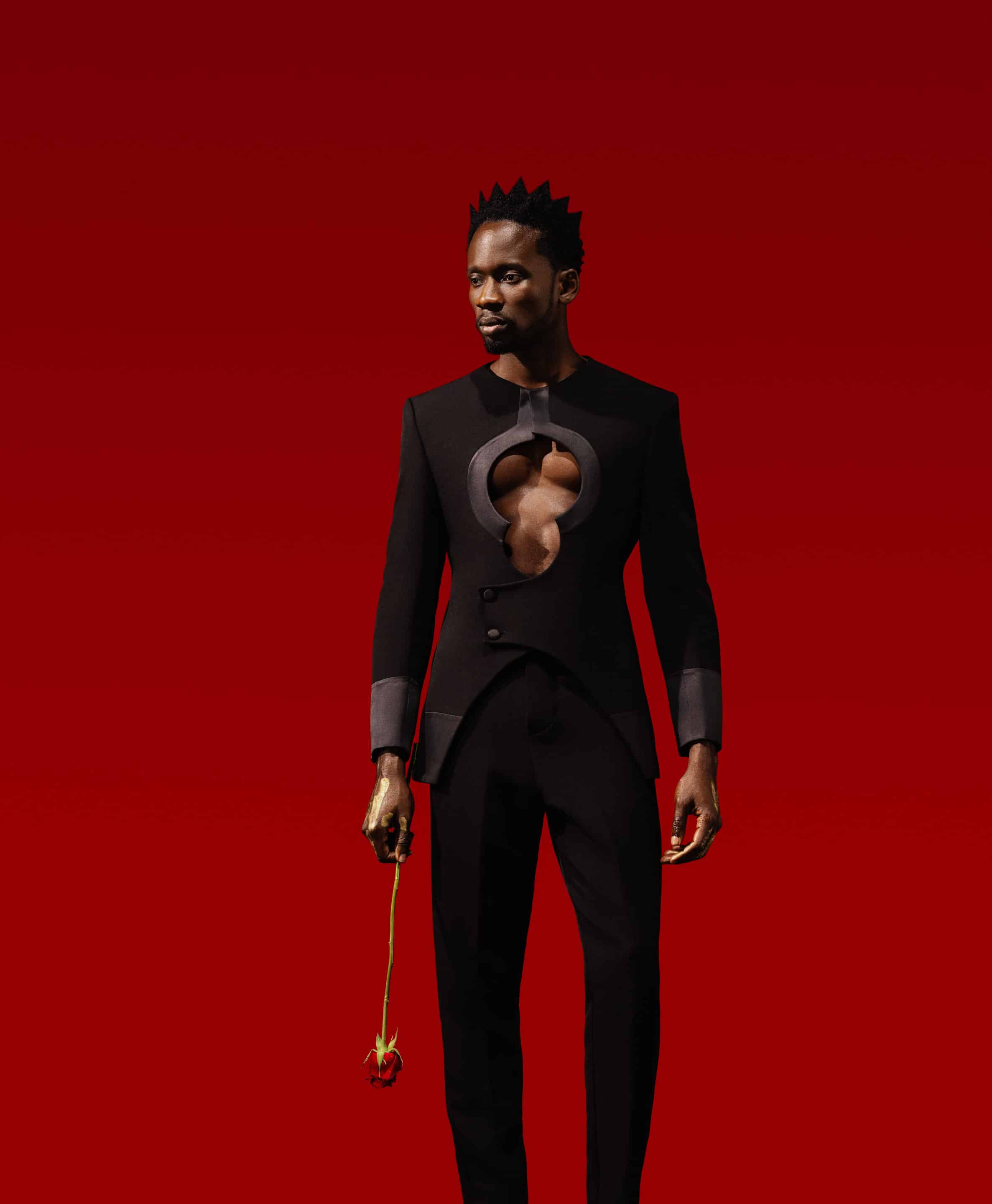
Since it’s one of the themes of The Evil Genius, what does it feel like to have fame and notoriety in real life?
Fame is a double-edged sword. On one hand, it’s a blessing to have people appreciate and connect with your work, but on the other, it comes with its own pressures and challenges. I think The Evil Genius speaks to that balance—how to manage success without losing yourself. Fame doesn’t define me, but it’s something I’ve learned to navigate. It’s taught me to be more intentional with my time, my energy, and the people I keep around me.
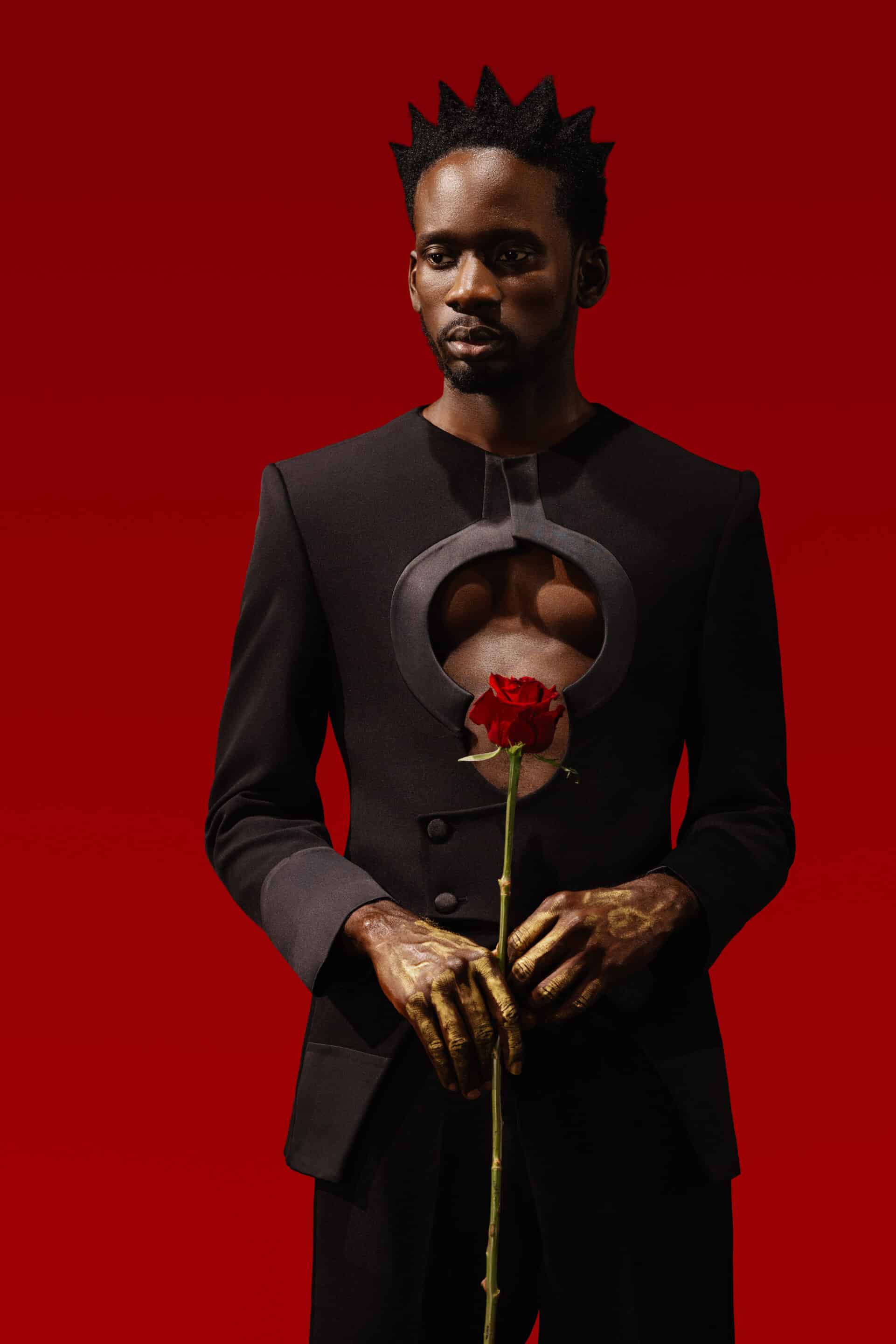
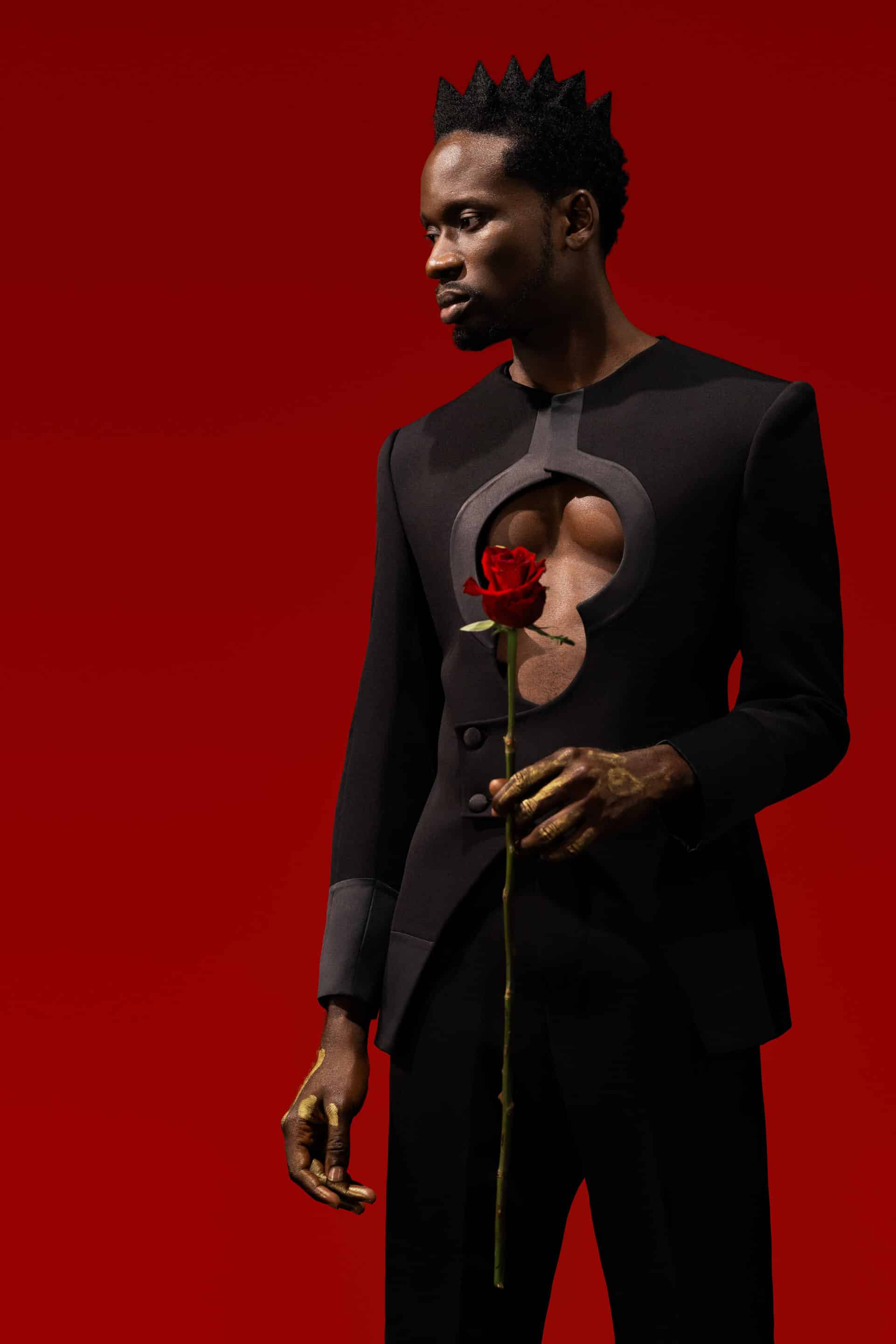
What’s the next project in your mind? Anything you can anticipate?
There’s always something brewing! I’m working on more music, of course, and I’ve got some exciting visual projects lined up as well. I don’t want to reveal too much, but let’s just say I’m in a very creative space right now, and fans can expect something fresh and unexpected. I’m always looking to push boundaries, and the next project will definitely reflect that.

